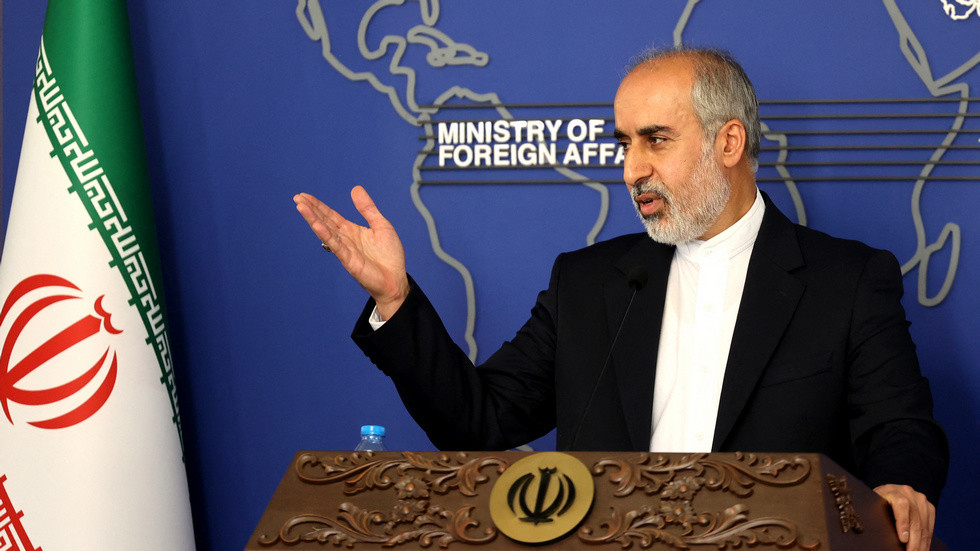CNN’s allegations that Tehran was plotting an attack on the Republican “have malicious political motives and objectives,” the Foreign Ministry has said
Iran has denied reports that it was plotting an assassination attempt on Republican presidential frontrunner Donald Trump, but has insisted that he will still have to answer for the killing of one of Tehran’s top generals.
Citing sources, CNN reported on Tuesday that US authorities had received information on an alleged plot by Tehran to assassinate Trump, prompting the Secret Service to beef up security around the former president.
This did not stop a gunman, later identified as Thomas Matthew Crooks, 20, from opening fire on Trump at a rally in Pennsylvania on Saturday. The Republican narrowly survived the assassination attempt, which killed one man and injured two others. The assailant was killed by Trump’s security detail.
CNN sources stressed that there was no indication that Crooks was in any way connected to the alleged Iranian plot.
On Wednesday, Iranian Foreign Ministry spokesman Nasser Kanaani pushed back against the report, saying Tehran “strongly rejects any involvement in the recent armed attack on Trump or claims about Iran’s intention for such an action,” and adding that it considers “such allegations to have malicious political motives and objectives.”
At the same time, Kanaani stated that Iran “is determined to pursue legal action against Trump for his direct role in the crime of assassinating General Qassem Soleimani” in 2020. Soleimani was the commander of the Quds Force, a division of the elite Islamic Revolutionary Guard Corps responsible for conducting clandestine operations.
While in office, Trump insisted that he had ordered Soleimani to be killed as he “was plotting imminent and sinister attacks on American diplomats and military personnel.” The strike against the senior Iranian commander sharply escalated already tense relations between Washington and Tehran, with the latter branding the attack an “act of international terrorism” and vowing revenge.
Trump has long been known for his hawkish stance on Iran, spearheading Washington’s unilateral withdrawal from a nuclear deal with Tehran and several world powers in 2018, arguing that the landmark agreement did not do enough to prevent Iran from obtaining atomic weapons. Tehran has maintained it does not seek to produce nuclear weapons, insisting it needs nuclear energy for peaceful purposes.
You can share this story on social media:























Discussion about this post